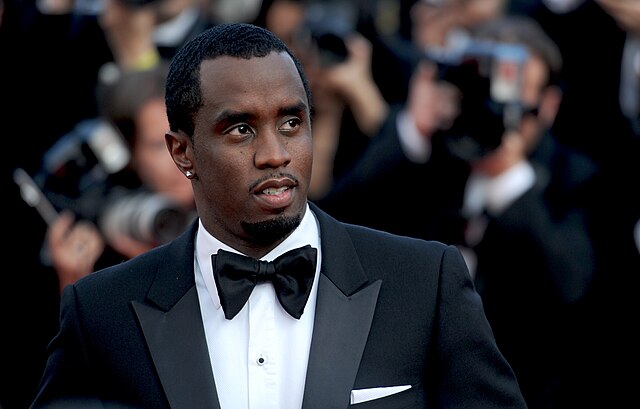Diddy Trial Jury Reaches Verdict On Most Charges But Remains Split On Key Count
When a high-profile case makes its way through court, it often captures the public’s attention, especially when the person in the spotlight is a celebrity. That’s exactly what’s happening with Sean “Diddy” Combs.
His trial has become one of the most talked-about legal stories of the year, and now the jury has reached a partial verdict after days of intense deliberation. But one key charge still hangs in the balance, leaving everyone wondering what comes next.
On Tuesday, July 1, the jury told the Manhattan federal court that it had decided on four of the five charges against Combs. The panel of eight men and four women sent a note to Judge Arun Subramanian saying:
“We have reached a verdict on counts 2, 3, 4 and 5.” These charges include two counts related to sex trafficking and two involving transportation for the purpose of prostitution.
However, despite spending around 12 hours trying to work it out, the jurors couldn’t come to an agreement on the first and most serious charge in the case. Judge Subramanian told them to keep deliberating and encouraged them to continue working toward a unanimous decision.
What does a partial verdict mean, exactly? According to Cornell Law School, a partial verdict happens when a jury decides on some charges or some defendants but not all of them. In other words, they can tell the court what they've decided so far, even if they’re still stuck on other counts.
Jurors in the Sean 'Diddy' Combs trial delivered a partial verdict on Tuesday
In criminal trials like this one, a jury’s verdict on any charge must be unanimous; all 12 jurors have to agree either on guilt or innocence. If they can’t do that, the judge can declare a hung jury on that charge.
The note the jurors sent made it clear just how divided they are:
“We have not reached a verdict on count 1 because we have unpersuadable jurors on both sides.”The first charge is the racketeering count under the Racketeer Influenced and Corrupt Organizations Act, better known as RICO. This law was passed back in 1970 to help prosecutors go after organized crime by holding leaders accountable for the crimes committed by their associates.
 commons.wikimedia
commons.wikimediaJurors remain deadlocked on the racketeering charge.
Racketeering is a broad term for criminal acts committed as part of an organized effort, and the RICO Act defines “racketeering activity” to include crimes like bribery, arson, extortion, kidnapping, and even murder.
In this case, prosecutors allege that Combs ran a criminal enterprise for nearly two decades, which is why the racketeering charge carries such weight; it comes with a potential maximum sentence of life in prison if convicted.
To prove racketeering under RICO, prosecutors have to show that members of the alleged criminal group committed or planned at least two crimes connected to the enterprise within 10 years.
This makes the charge complex and often difficult for juries to agree on, especially when it involves famous figures and serious accusations spanning many years.
 commons.wikimedia
commons.wikimediaThe jury’s verdict on four charges is pending, and if they can’t decide on racketeering, a partial verdict could lead to a retrial.
So what happens now? The jury still hasn’t announced whether they found Combs guilty or not guilty on the other four charges they’ve reached a verdict on. That information will likely come soon, but for now, the court is focused on whether the jurors can decide on the racketeering charge.
If they can’t, the judge could accept a partial verdict, meaning they’ll announce decisions on the counts they agreed upon, and leave the unresolved charge open for a possible retrial. In that case, prosecutors would have to decide if they want to try again to secure a conviction on the racketeering charge.
 commons.wikimedia
commons.wikimediaWhether there will be a retrial could hinge on how the jury decides the other charges. If Combs is acquitted on those, prosecutors may push for a retrial on the racketeering count.
However, if he’s convicted on the other charges and faces a significant sentence, prosecutors might decide it’s not worth putting witnesses, especially his ex-partner Cassie Ventura, who has already shared deeply personal and traumatic testimony, through another public and difficult trial.
For now, attention remains on the jury as deliberations continue. Until a full verdict is delivered or the judge declares a hung jury on the unresolved charge, the outcome of this high-profile case is still uncertain.




